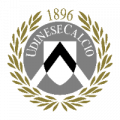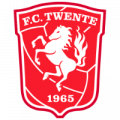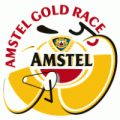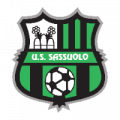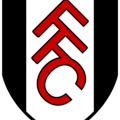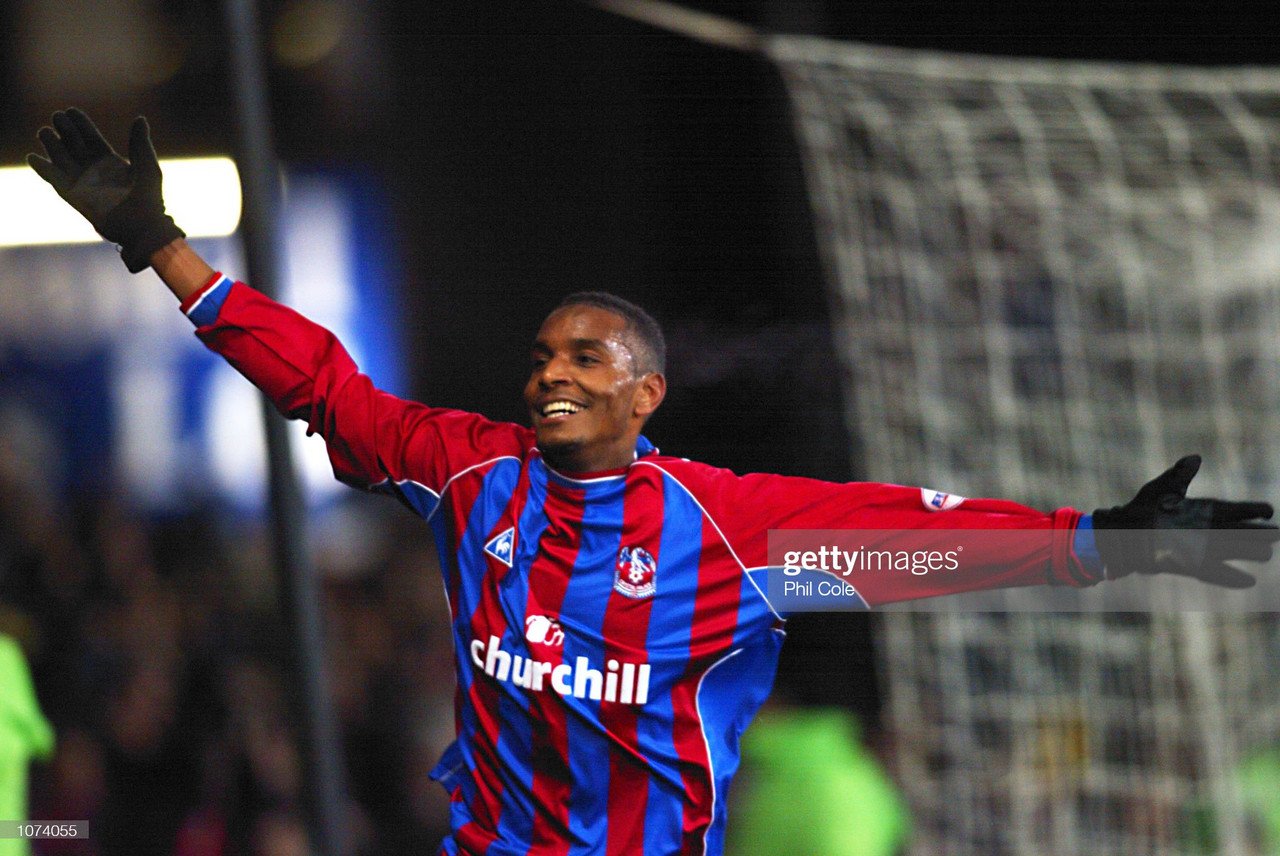Thursday, 14th January 1999. In a central London hotel room, Terry Venables and Mark Goldberg are sitting opposite each other, and the mood is tense. For the third day in a row, Venables is attempting to negotiate a settlement to terminate his contract as manager of Crystal Palace - the club Goldberg purchased for £22.8 million in the previous summer.
The former England and Barcelona boss is considered one of the best managers in world football, and it had been a coup for Goldberg to get him as his first appointment. With such an esteemed name in the hot seat and Goldberg’s promise of significant funds to strengthen the squad, the Eagles had been widely tipped for promotion straight back to the Premiership.
Things have not gone to plan.
Goldberg’s gamble, splashing out on 14 new summer signings in the hope of a promotion push, has backfired spectacularly as the club languish in the bottom half of the Nationwide First Division with little hope of going up.
Unfortunately, their poor league position is the least of their worries.
The club is in serious financial trouble.
Venables will eventually leave that hotel room with no resolution over the reported £3 million he is owed for half a season’s work. That would be a staggering figure for a second-tier club nowadays, let alone 20 years ago, and that is only a drop in the ocean.
Before long, the Eagles will be placed in administration with debts of around £30 million, thanks to Goldberg’s astonishingly poor financial management.
This marks the start of one of the most turbulent periods in the club’s history, which saw them spend the entire 1999/2000 season in administration, with the first team squad cut to the bone. They only survived relegation on the penultimate day of the season and came perilously close to going bust before salvation finally arrived with Simon Jordan’s takeover.
-
Morrison - The diamond in the rough
Going through that period as a young striker who had just broken into the team, Clinton Morrison got an early insight into what it is like to play for a crisis club.
“It was difficult to go through in terms of the stuff we were being asked to do and the things going on around us,” said Morrison in a recent interview with OLBG. “It did humble me, to be fair, because I was a youngster, so it was probably better for me in that sense.”
Having broken into the team on the final day of the 1997/98 season, Morrison’s excitement at getting his break in the pro game was tempered by the turmoil. As the situation dragged on for months on end, the financial cutbacks bit, and the conditions were far from ideal.
“For me, it was just a dream to be playing professional football, but it was difficult.
"Sometimes we didn't have the equipment when going away, or we'd have to travel on the day of a game rather than staying in a hotel. Yeah, it was a struggle, but it was an eye-opener, and it humbles you a bit as a footballer.”
For Morrison, the chaos was a blessing and a curse. “It also gave me more opportunities in the first team, and that's how I got my breakthrough, which made people start to notice me as well as a footballer and what I could do on the pitch.”
Morrison forged a successful career in the top flight and represented the Republic of Ireland. He is now a TV pundit, regularly appearing on Sky Sports and the BBC. Such success brought financial rewards, but that wasn’t a concern for him at the time.
“It was a difficult time, but for me I was a youngster and I said I could play for free at the time because I had just broken into the first team.
"You could see more senior pros struggling because they had mortgages to pay, and they weren't being paid on time.
"Some players did end up leaving, but for me, it was normal financially.
It was definitely harder for some of the other players because you're used to being paid weekly, and as I said, they had mortgages to pay for.”
As the situation worsened, more and more of Morrison’s teammates were sold off to raise funds. The frontman ended up with 13 goals that season, building on the 11 he notched the previous year, establishing him as one of the best young prospects outside the top flight. He could have fetched a good transfer fee, but Morrison says he was never tempted to leave.
“Some decided to move on which you could understand, but I always felt that the club would sort itself out.
"I was probably one of the assets that they were looking to sell, but I always wanted to stay at Palace, and I'm glad I did because obviously, I had nine and a half great years at the football club.
"At that time, I wanted to help, which is why I said I'd play for free, but the club said they could afford to pay my wages since I wasn't on a huge amount.”
The hitman would eventually go on to get over 100 goals for Palace across two spells and make himself a club hero.
He may not get a statue outside Selhurst Park, but fans will be very glad he endured such a turbulent start to his career and stuck with the club in their hour of need.
Link to OLBG: https://www.olbg.com



























